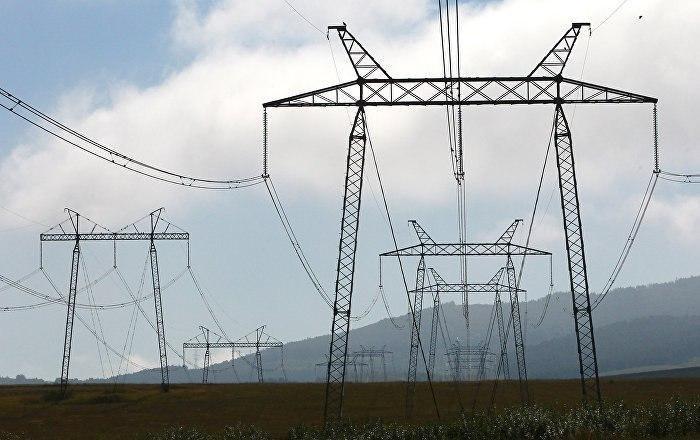“As previously reported, on July 21-24 this year, in order to ensure the stability of the energy system, restrictions were imposed on consumers in the country (0.8-1.0%). It was mainly influenced by 2 factors.
First, Uzbekistan’s hydropower plants were producing 6-7 million kWh less electric energy per day than planned, and 10-12 million kWh less than in the same period last year. Second, due to water shortages in the region, electricity imports from Tajikistan decreased from an average of 12.0 million kWh to 0.3 million kWh per day.
However, due to the supply of 10-12% more natural gas than planned, thermal power plants generated 8 million kWh more electricity (25-30 million kWh more than in the same period last year). On July 25-26 this year, there were no cases of consumption restrictions in the energy system. At 01:35 on July 27, the volume of electricity imports from Turkmenistan via the 500 kV Karakul-Serdar overhead line was increased to 80 MW, and then to 200 MW. Currently, there is no shortage of electricity in Uzbekistan,” the press service of the JSC said.
It was noted that currently 400-430 MW of electricity is supplied from Turkmenistan to Uzbekistan via 500 kV Karakul-Serdar and 110 kV Dashovuz-Shovot overhead lines. The main part of electricity supplied to consumers is generated by existing TPPs and HPPs in the country.
Reportedly, the average daily electricity consumption in Uzbekistan is 195.6 million kWh.






